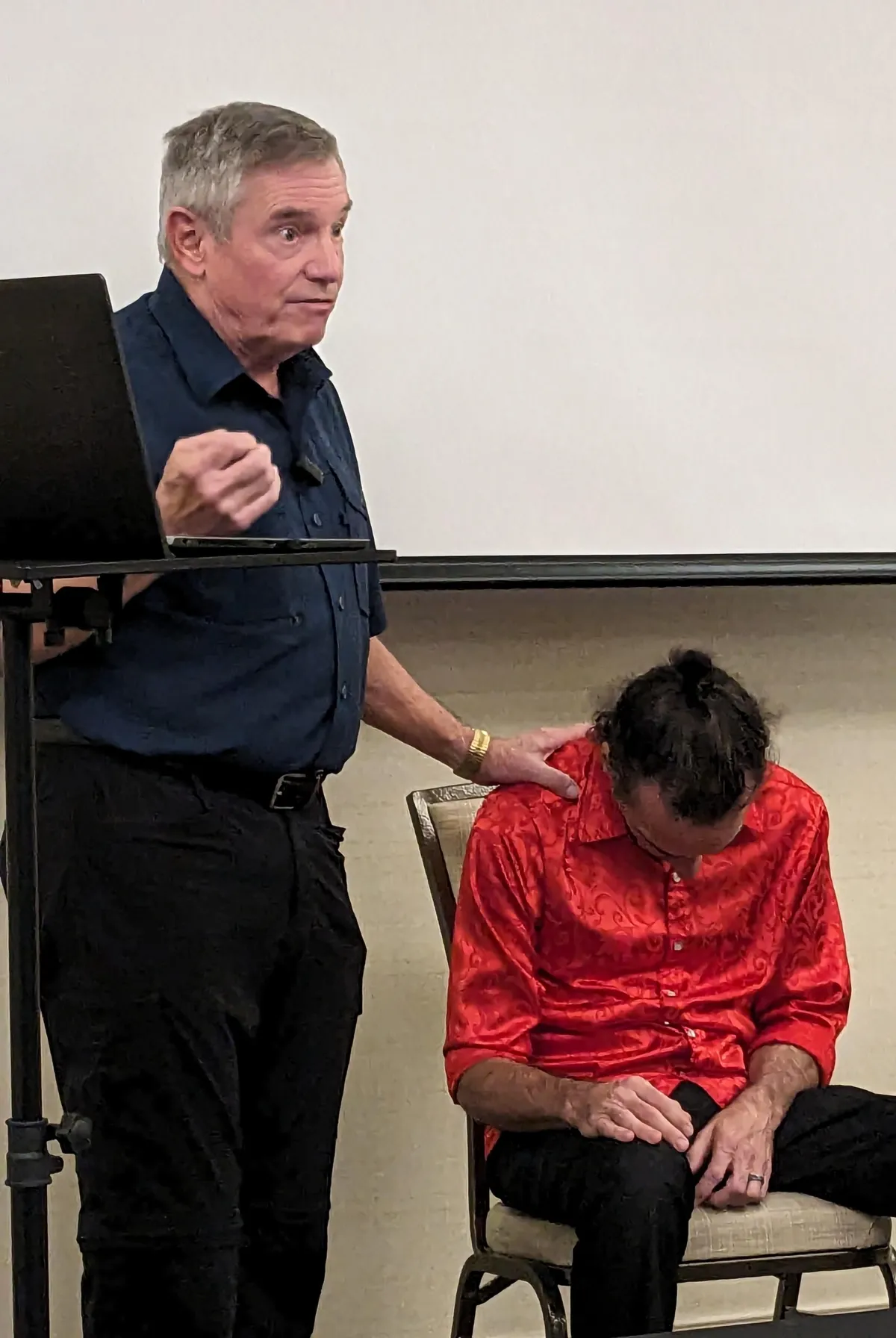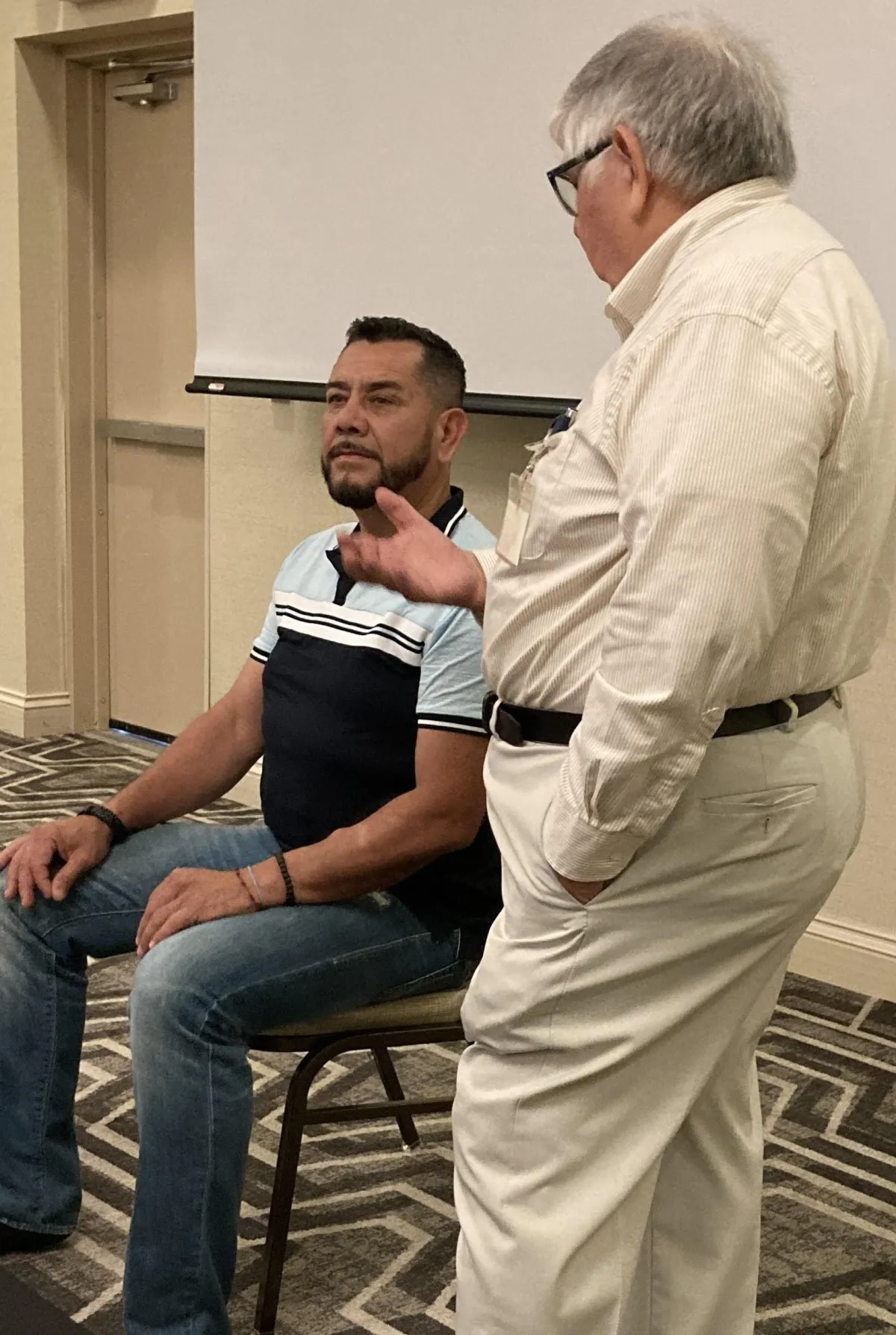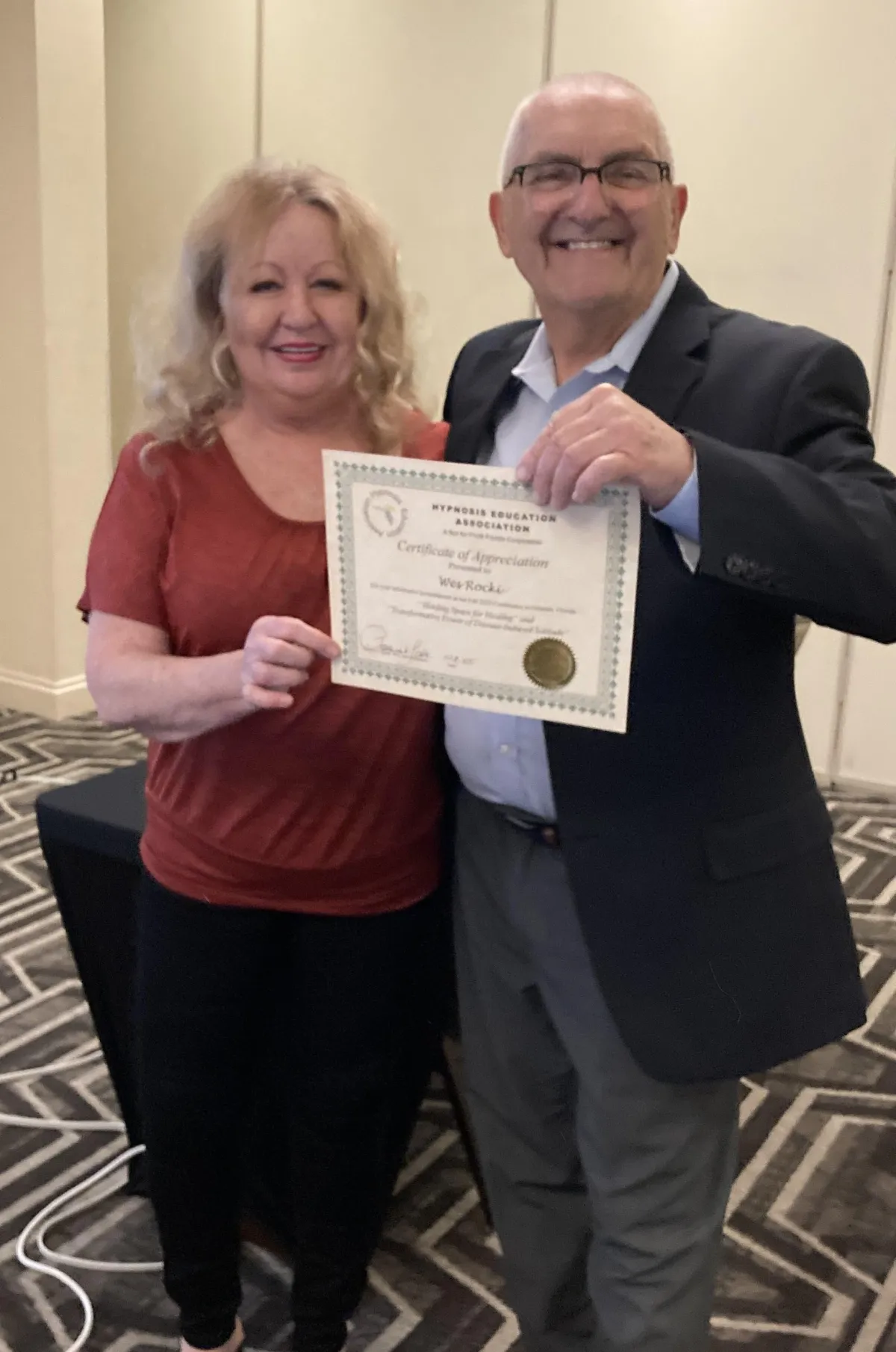
The Hypnosis Education Association is a
Not-For-Profit Organization Formed in 1998
Our Mission
To offer knowledge and education of the nature, uses and benefits of hypnosis to professional hypnotists and to the general public.
To reduce misconceptions and fears about hypnosis.
To establish and promote a hypnosis code of ethics.
Our Method
We host a fun-filled conference each year that features experts in the field of hypnosis.
We conduct monthly hypnosis education community events online.
Our educational events provide professional hypnotists with continuing education units (C.E.U.s).
Our Public Outreach Committee submits monthly associated press releases about the positive use and benefits of hypnosis.
Who We Serve
Adults with a sincere interest in the nature, uses and benefits of hypnosis.
Our Members are: adults with an interest in hypnosis, experienced and novice professionals, as well as retirees in the field of hypnosis.
We welcome members from all over the world!
Upcoming Online Conference
Autumn 2025
Schedule TBA
"HEA is one of the friendliest and most welcoming groups around, and it is always a pleasure to get
together to share ideas, network, and enjoy one another’s company." ~Patricia Scott
Join HEA
Become a member of the Hypnosis Education Association TODAY! Join our community and become acquainted with like-minded individuals.
Our meetings are fun, will enhance your skills, and are open to anyone with an interest in hypnosis!
“There’s no better way to develop your skills than by associating with others who are active in the field. Being a part of HEA has given me opportunities to learn from my colleagues and to share my own experiences in a warm and welcoming community. I know I am better for it both personally and professionally.” ~ Michael Watson





All material © Hypnosis Education Association 2025 and may not be copied without written permission
